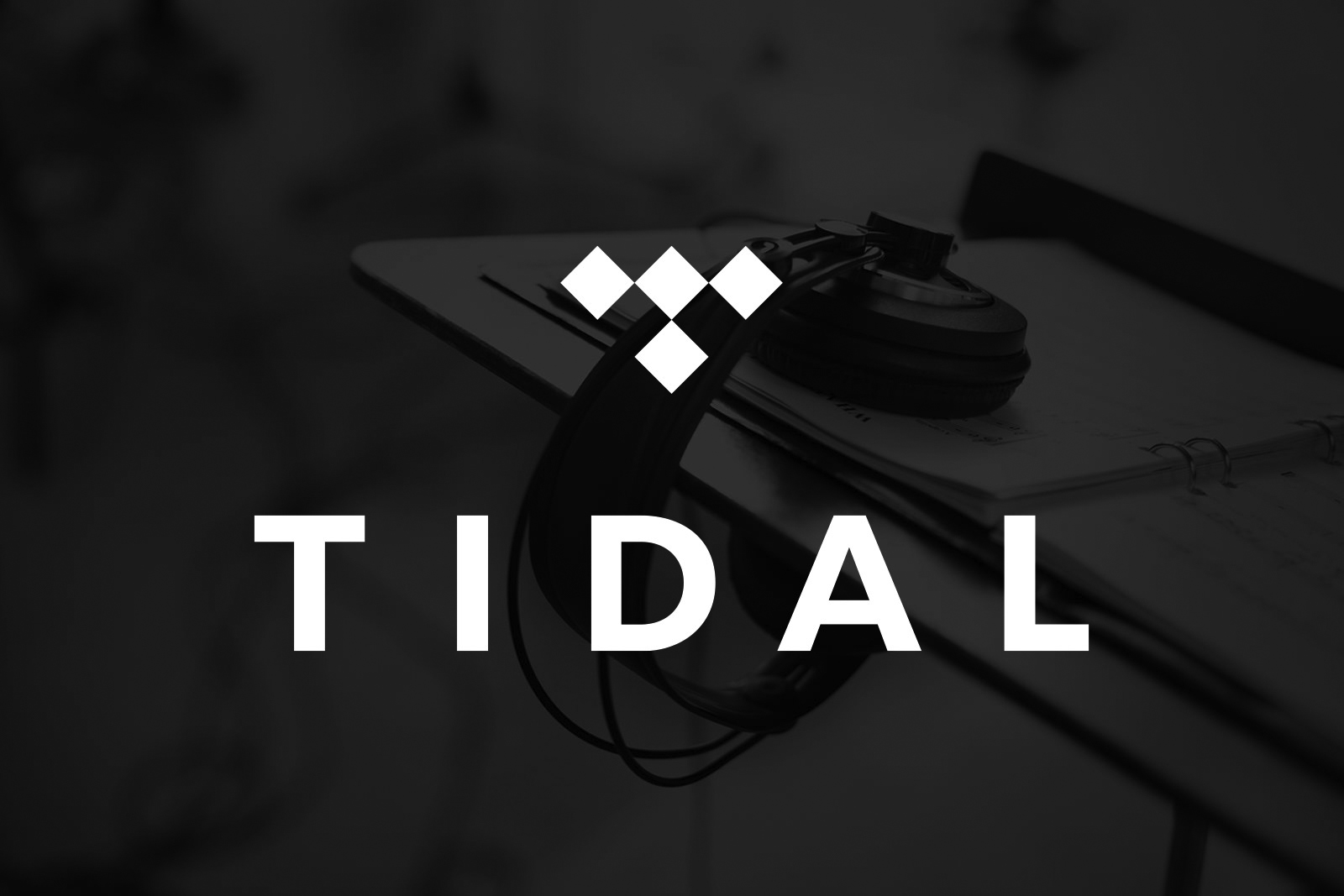JEFF DUNN
Copy Editor
“Without music, life would be a mistake,” recording artist Alicia Keys said, quoting German philosopher Friedrich Nietzsche as she and several other artists signed a “Declaration” that marked the official launch of the new streaming service Tidal.
Rapper and entertainment entrepreneur Jay Z heads up the service, promising higher quality streaming and a focus on artist compensation. Tidal is the American branch of the Swedish-based streaming media company Aspiro, which Jay Z purchased March 13 for $56 million.
Streaming music and royalty payments are some of the most prominent issues in the music industry today, and Jay Z believes Tidal is the solution. Several other artists will claim partial ownership of Tidal, including Jay Z’s wife Beyoncé, Alicia Keys, Chris Martin of Coldplay, Daft Punk, Kanye West, Jack White and Deadmau5.
“This is a platform that’s owned by artists,” Jay Z said in an interview with The New York Times. “We are treating these people that really care about the music with the utmost respect.”
Royalties on streamed media aren’t only a problem for emerging artists, either.
Last November, Taylor Swift delayed the release of her newest album, “1989,” on Spotify. Soon after, Swift removed her discography from the site entirely.
Swift’s label head, Scott Borchetta, had a dispute with Spotify over the actual amount Swift was being paid for streaming her music through the site, saying she was paid less than one percent of what she was promised.
The streaming business is incredibly competitive right now. Spotify alone has 45 million users (15 million paying) as of January, and the Internet radio service Pandora reported 250 million users as of March 2014. But much of this commercial success never reaches the artists.
Spotify has received criticism and been accused of not compensating artists fairly. Because of the way Spotify pays record labels, much of the money that an artist makes via Spotify isn’t distributed properly.
Spotify offers two streaming options: an advertisement-supported free version and a premium version that costs $9.99 per month.
Neither of Tidal’s streaming options will be free. One option costs $10 per month and includes access to standard quality streaming of music and videos, plus some editorial content.
The second option costs $20 per month with access to “High Fidelity” streaming music and videos in addition to the editorial content.
Sophomore Makayla Tolmie is a Spotify Premium user of three years and a Lute Air Student Radio disc jockey at Pacific Lutheran University. She uses Spotify to stream music on her radio show.
“As a college student, it’s really convenient to have a Spotify account,” Tolmie said, referring to the half-off deal that Spotify offers to anyone with a student email address. “I do feel bad about it sometimes, because I know the artists aren’t being paid what they deserve.”
Tolmie purchases vinyl copies of any albums she really likes. She thinks the $20 per month price for a Tidal subscription will attract a crowd, but it won’t be a college crowd.
“As far as selling it to college students goes, nobody’s going to buy it, because it’s like going back to buying full price albums,” Tolmie explained. “[For $240 dollars] if you’re into vinyl, you can definitely get a nice turntable and speakers for about that much.”





















